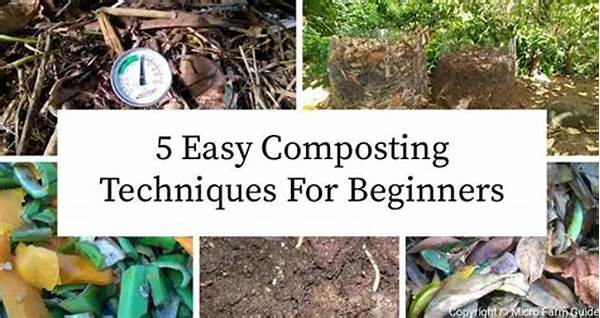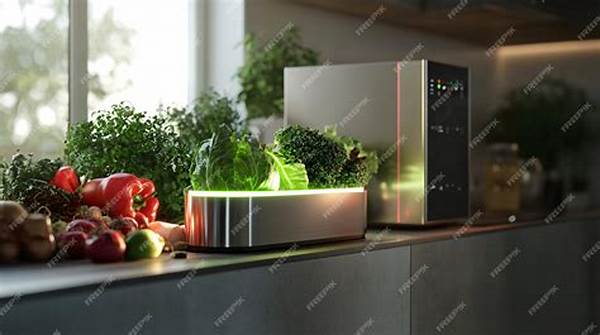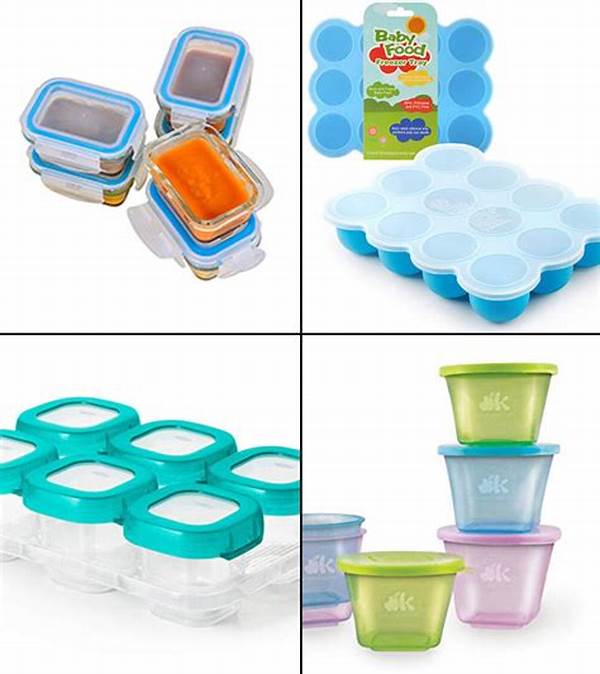Welcome to the world of composting—one filled with nature, science, and a sprinkle of good ol’ dirt magic! For many, the mere thought of getting started with composting might conjure images of wasted kitchen scraps and a smelly backyard. But fear not! Whether you’re a suburban dweller or an urbanite with a modest balcony, quick composting techniques for beginners can transform your trash into black gold without much hassle. With a little humor and a dash of creativity, composting can become not just an eco-friendly activity, but a delightful hobby.
Read More : Functions Of Waste Containers In Big Cities
Imagine turning the tedious chore of taking out the trash into something that benefits not only your garden but the planet as well. With quick composting techniques for beginners, you can reduce your carbon footprint, enrich your soil, and likely inspire your entire neighborhood. Imagine inviting friends over and saying, “Come see my compost bin; it’s garbage but in a good way!” This is your chance to not only learn but to set new trends. So, here’s a simplified, fun, and engaging guide to diving into the world of composting.
Understanding Quick Composting
Quick composting techniques for beginners hinge on a few fundamental principles, ensuring that the process remains both efficient and effective. Unlike traditional methods, quick composting aims to produce humus-rich soil in a fraction of the time. It’s the “express train” to enriched gardens, and believe me, you’ll want a seat on this train!
The Basics: Start with Balance
One of the first things you’ll learn about quick composting is the importance of balancing your greens and browns—akin to eating your vegetables before dessert! Greens are your nitrogen-rich materials like fruit and vegetable scraps, which heat up your compost pile. Browns, on the other hand, are carbon-rich like dried leaves or paper. Striking the right balance between these two is crucial for fast decomposition.
Quick Turnaround Techniques
The key to speeding up the composting process lies in maintaining optimal conditions. Regularly turning your compost pile is not just a chore—it’s a science experiment! This ensures that air circulates, promoting aerobic decomposition. Essentially, you’re mixing the pile like a master chef whipping up a sumptuous dish!
Temperature Matters
Another vital aspect is temperature control. An effective compost pile will naturally heat up to around 130-160 °F. If this were a baking show, your compost would be the soufflé rising in the oven—no peeking! Monitoring the temperature can help determine if your compost is on the fast track to completion.
Tips for Fast and Effective Composting
Choosing the Right Container
Selecting the right composting bin is the first step in your adventure. You don’t need a massive garden to start; there are bins suitable for every space and style. Whether it’s a tumbling composter or a classic bin, the choice affects the speed of your composting process.
Avoid Common Pitfalls
Nothing kills the vibe quicker than a stinky compost pile. Avoid adding dairy, meats, or oils, as these attract pests and slow down decomposition. Remember, quick composting techniques for beginners are all about keeping it simple and effective, without the mess!
Nature’s Timeline
While quick composting promises faster results, patience is still a virtue. On average, if managed well, visible decomposition can be achieved within as little as 2 months. So, mark your calendars, check the process, and prepare for an abundant harvest season.
Why Quick Composting Works
Quick composting techniques for beginners demystify an age-old process, making it accessible and less daunting for newbies. You’re not just making compost; you’re nurturing a micro-ecosystem that helps fight climate change, improves soil health, and even serves as a great conversation starter.
Effective Steps: A Helpful Guide
1. Set Up: Pick a location and container that suits your lifestyle.
Read More : Outdoor Mobile Trash Bins With Locking Lids
2. Prepare Materials: Gather greens and browns, and ensure they are adequately chopped for faster decomposition.
3. Layer: Start with a layer of browns followed by greens, adding water as needed to maintain slight moisture.
4. Turn Regularly: Aerate weekly for oxygen flow.
5. Monitor Temperatures: Make adjustments to optimize the decomposition process.
6. Harvest Your Compost: Once the compost is dark and crumbly, it’s ready to enrich your garden!
The Takeaway
Quick composting techniques for beginners are not just about turning waste into something useful—it’s an eco-conscious lifestyle choice. Through this journey, you’re not only nurturing gardens but also contributing positively to environmental conservation. You don’t have to be a gardening guru to ace this; all it takes is curiosity and a bit of commitment.
Jump on this sustainable trend and be the person who can say, “I don’t just create compost; I create change.” In the end, it’s about finding joy in the dirt—and maybe throwing a compost-themed party to celebrate your green achievements. Now, who’s with me?










